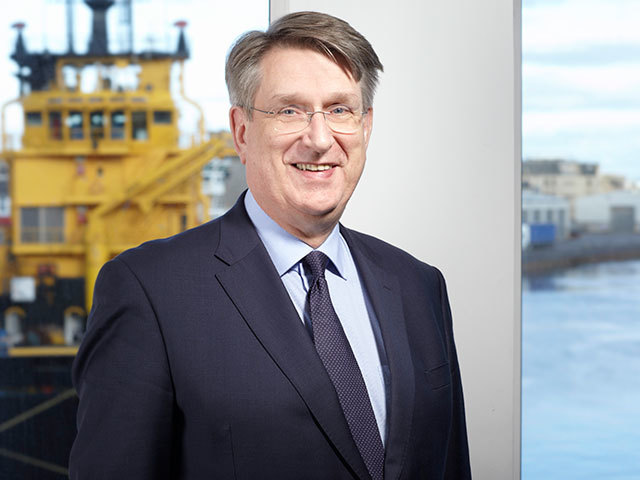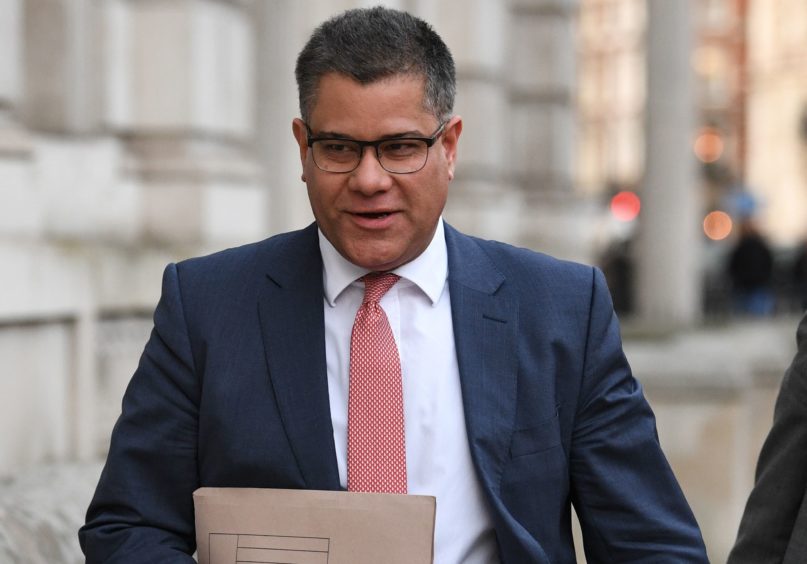
The International Energy Agency (IEA) has announced plans to produce the “world’s first comprehensive roadmap” setting out how to reach net zero emissions by 2050.
Scheduled for publication on May 18, the special report will set out in detail the measures that need to be taken by governments, companies, investors and citizens to fully decarbonise the energy sector and put emissions on a path in line with a temperature rise of 1.5°c.
It’s part of a series of new IEA projects aimed at supporting efforts to reach global greenhouse gas emissions reduction goals.
Entitled ‘The World’s Roadmap to Net Zero by 2050’, the report will aim to generate momentum ahead of the COP26 climate change summit, which is due to be held in Glasgow in November.
Dozens of countries – including most of the world’s largest economies – and many leading companies have already announced plans to bring their emissions down to zero by around the middle of this century.
However, the IEA has stressed that “much work remains” in order to translate ambitious targets into actual reductions in CO2.
Dr Fatih Birol, the Paris-based organisation’s executive director, said: “The energy that powers our daily lives and our economies also produces three-quarters of global emissions. This means our climate challenge is essentially an energy challenge. The IEA is determined to tackle that challenge and lead global clean energy transitions.
“Our roadmap to net zero can play a vital role in helping countries identify and implement the actions needed to achieve climate, energy security and affordability goals. Nothing short of a total transformation of our energy infrastructure will be required. That calls for decisive action this year, next year and indeed every year to 2050.”
Last week, it was announced that former-UK Business Secretary Alok Sharma had been appointed as full time president of the UN event by Boris Johnson in order to ramp up preparations.
The conference was originally scheduled to be held in November 2020 but was pushed back by a year due to the Covid-19 pandemic.
It is on course to be the largest summit the UK has ever hosted, with representatives from almost 200 countries expected to attend.
Mr Sharma said : “The IEA’s plan to produce a pathway to net zero global emissions by 2050 is another important step for climate action. This will make clear the actions countries must take individually and collectively to meet that goal.”
The IEA also announced that “reinvigorating international energy cooperation” will be a major theme of the 2nd IEA Clean Energy Transitions Summit, following the first event held last year.
The summit will be co-hosted with the UK Government on March 31 and will focus on how governments can work together more effectively to ensure long-term net-zero targets are translated into concrete action in the run up to COP26.
Mr Sharma added: “International collaboration is at the heart of the UK’s COP26 Presidency, and I am proud that the UK Government will co-host the COP26-IEA Clean Energy Transitions Summit to help accelerate the global shift to clean, affordable and resilient energy.”
Recommended for you


